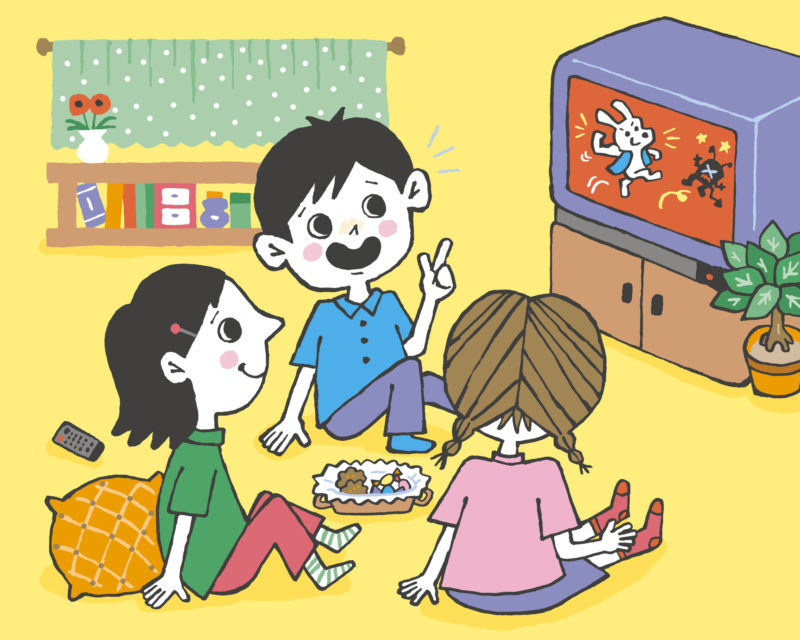Australia’s metro TV stations meet bare minimum for children’s programming quotas, ACMA reports
Metropolitan commercial television licensees are scarcely meeting the requirements for children’s programming compliance standards, a new report from watchdog the Australian Communication and Media Authority (ACMA) shows.
The report found Nine, Seven, Ten and all respective multi-channels were found in compliance across every category, although in some areas – particularly children’s programs – they had met the bare minimum requirements.



It’s not often a staunch unionist can agree wholeheartedly with the head of an employer association – but Matthew Deaner from Screen Producers Australia is spot on! His comments on the $200 million+ handed to the commercial TV networks by reducing their spectrum licence fees simultaneously with asking for removal of children’s program production obligations, are especially pertinent. The networks pay spectrum fees to license OUR publicly owned airwaves to make their money yet the Federal Government made no demands that FTA networks produce MORE Australian programming in exchange for this multi million dollar windfall. Instead, commercial TV is asking the Government to reduce local content obligations & strengthen their competitive position “to the detriment of everyone else in the supply chain”. That’s us – the screen technicians, actors, directors, cinematographers, writers & editors as well as the production companies, post houses, film equipment suppliers who employ us. Our working lives & income are dependent on consistent levels of Australian drama, children’s & documentary program production. This can only be guaranteed by continuing, enforceable content quotas. The industry speaks with one voice on this – TV Make It Australian – & has done since the 1970s. The cultural argument supporting the telling of Australian stories in our accents to Australian children, is equally powerful. Similarly – why can’t the Government & ACMA come up with a formula that programs which have already been screened in New Zealand should not count for the same “first release” content points when they appear for a second time on our TVs??